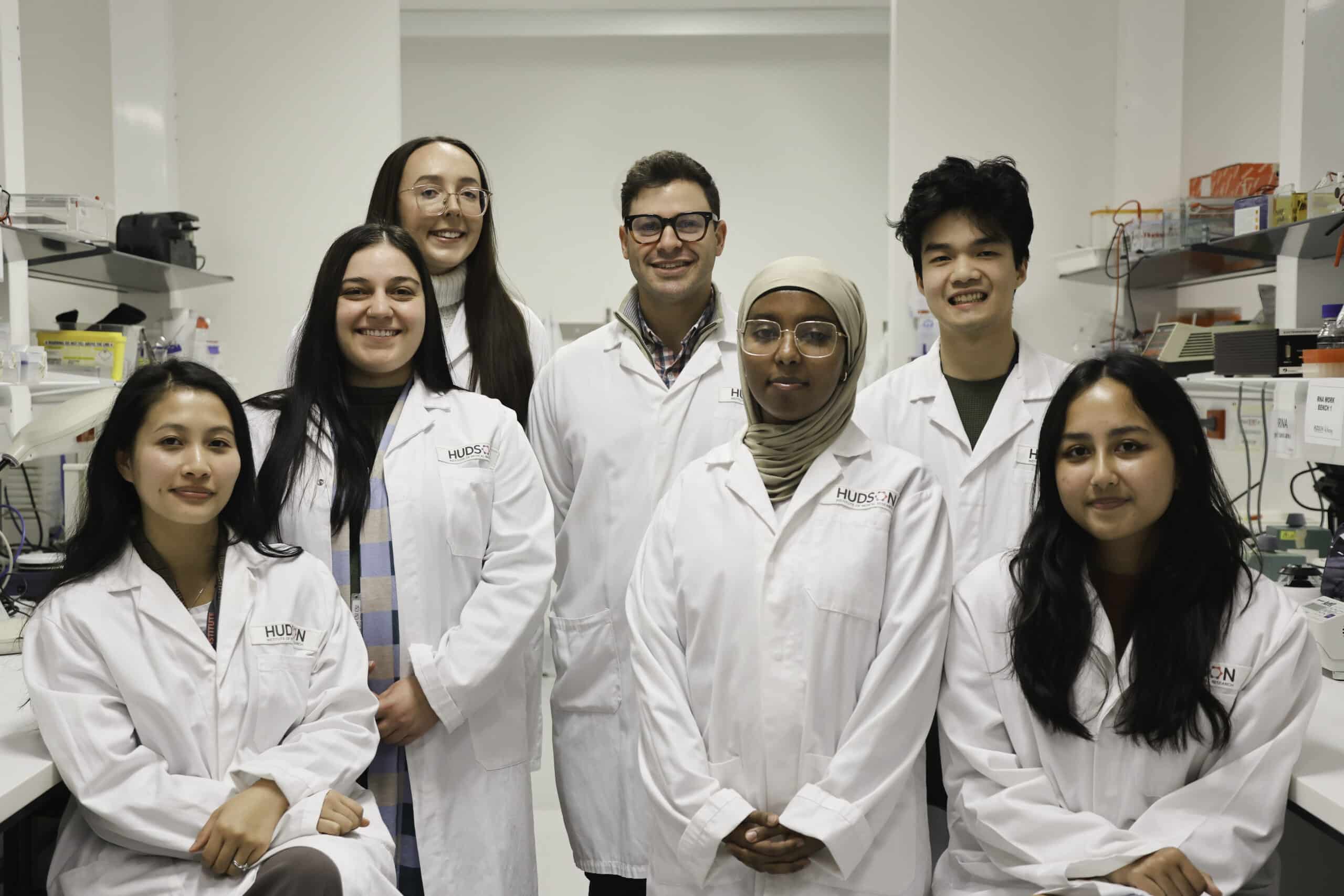Perinatal Inflammation and Neurophysiology
Galinsky Group
The impact of brain injury on newborns is a lifetime of disability, making the socio-economic consequences of newborn brain injury far exceed neurodegenerative diseases. The Galinsky group studies the mechanisms of injury to the fetal and newborn brain, with the aim of developing diagnostics and therapeutics for the smallest patients.

Research group
Overview
The Perinatal Inflammation and Neurophysiology Research Group’s focus is on understanding the mechanisms, such as inflammation, that trigger disturbances in fetal and newborn brain development and function.
The team’s goal is to understand how too much inflammation damages the fetal and newborn brain, causing neurodevelopmental disorders such as learning disabilities, behavioural, vision and hearing impairments, and movement disorders (e.g. cerebral palsy).
The program of research spans collaborative partnerships with clinical experts, academia and industry and integrates three key themes
- Understanding the cellular and physiological mechanisms that underpin fetal and newborn brain injury
- Using knowledge from theme one to develop new therapeutics/ reposition existing drugs for the treatment of fetal and newborn brain injury
- Developing tools to detect brain injury faster so that patients can be treated earlier. The earlier babies are treated, the better their prognosis.
The team’s multidisciplinary approach includes preclinical trials, discovery neuroscience, molecular biology, neurophysiology, bioengineering, medical imaging, and patient samples.
Diseases we research
Areas of focus
- Magnesium sulphate for fetal/newborn neuroprotection
- Answering how too much inflammation triggers perinatal brain injury
- Optimising interleukin-1 receptor antagonist to protect the preterm brain
- Developing next generation anti-inflammatory therapies for newborn brain protection
- Improving brain injury detection using advanced MRI and phase contrast CT
- Identifying brain injury biomarkers using electroencephalography
- Brain or brawn? Is creatine an effective intervention for fetal /newborn brain injury
Research Group Head | Dr Robert Galinsky
Too much inflammation in a newborn brain is a primary cause of life-long cognitive, language and movement disorders. My research studies the mechanisms that disrupt fetal and newborn brain development to identify targeted treatments and methods to detect brain injury faster for better outcomes.

News from the lab
Student opportunities

Collaborators

Publication highlights







